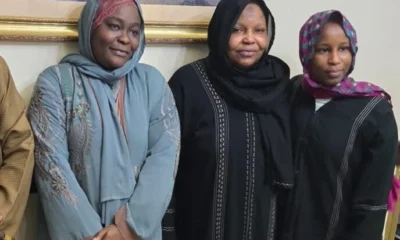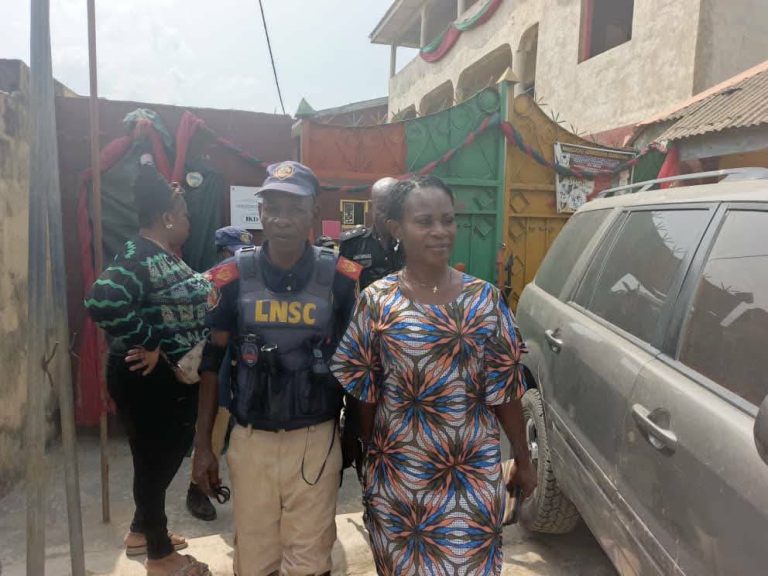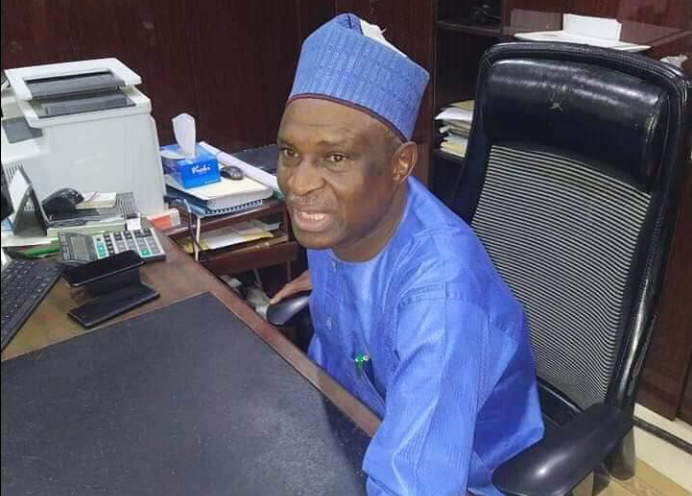President Muhammadu Buhari yesterday took issue with Southern governors over their ban on open cattle grazing in the region.
The president, in a statement by his media assistant, Mallam Garba Shehu, described the ban, announced as one of the resolutions the 17 governors from the zone made during their May 11 meeting in Asaba, Delta State, as of questionable legality.
According to him, the governors’ action is of “questionable legality, given the constitutional right of all Nigerians to enjoy the same rights and freedoms within every one of our 36 states (and FCT)-regardless of the state of their birth or residence.”
Buhari, however, approved ranching and revival of grazing reserves nationwide.
The president’s stance on the Southern governors’ Asaba Declaration came a few days after the Attorney-General of the Federation and Minister of Justice, Mr. Abubakar Malami (SAN), expressed similar views.
Malami, while fielding questions on a live television programme, had kicked against the open grazing ban, saying it was unconstitutional.
The AGF had compared the Southern governors’ decision to their Northern counterparts banning spare parts trading in the North, considering the fact that the majority of spare parts traders in the North are from the South.
He had said: “It is about constitutionality. Within the context of the freedoms enshrined in our constitution, can you deny a right of a Nigerian? It is as good as saying maybe the Northern governors coming together to say that they prohibit spare parts trading in the North. Does it hold water? Does it hold water for a Northern governor to come and state expressly that he now prohibits spare parts trading in the North?”
However, Malami came under fire over his criticism, with the Southern governors daring him to challenge their decision in the court.
Chairman of the Southern Governors’ Forum, and Ondo State Governor, Mr. Rotimi Akeredolu, had described Malami’s opposition to the ban on open cattle grazing as “wicked and arrogant.”
Some senior lawyers and the Founder of Stanbic IBTC and Anap Foundation, Mr. Atedo Peterside, also criticized the minister for his comments.
While the pan-Yoruba socio-political group, Afenifere, and the spokesman of the Senate had called on Buhari to remove the minister for opposing the ban, the South-east Governors’ Forum had said those who opposed the ban wanted the killings to continue.
But Buhari, while rejecting the governors’ ban, expressed the determination of his administration to address the conflicts of herders and farmers in a sustained and lasting manner that should lead to the emergence of a permanent solution to the frequent clashes between them, as well as the associated problem of the gun-wielding “killer herdsmen.”
The statement from the presidency said Buhari had approved some measures to permanently end the frequent skirmishes between farmers and herders as recommended by the Minister of Agriculture, Alhaji Sabo Nanono.
The statement added that Nanono had submitted a report detailing the recommendations to the president, who endorsed it in April, “well before the actions of the Southern Governors’ Forum, which attempts to place a ban on open grazing and other acts of politicking intended by its signatories to demonstrate their power.”
The president said the Southern governors’ resolutions didn’t offer any solution to the herder-farmer clashes that have been continuing in the country for generations.
He said: “But the citizens of the Southern states– indeed citizens of all states of Nigeria– have a right to expect their elected leaders and representatives to find answers to challenges of governance and rights, and not to wash their hands off hard choices by, instead, issuing bans that say: “not in my state.”
The statement said: “Fortunately, this declaration has been pre-empted, for whatever it is intended to achieve, and Mr. President, who has rightly been worried about these problems more than any other citizens in consultation with farmers and herders alike, commissioned and approved an actionable plan of rehabilitating grazing reserves in the states, starting with those that are truly committed to the solution and compliant with stated requirements.
“With veterinary clinics, water points for animals, and facilities for herders and their families including schooling – through these rehabilitated reserves, the federal government is making far-reaching and practical changes allowing for different communities to co-exist side-by-side: supporting farmers to till their fields, herders to rear their livestock and Nigerians everywhere to be safe.”
It added that despite the COVID-19 pandemic that took a toll on public finances, the federal funding for the forest reserve project is ready and will take off in interested states by June.
“The entire country is acutely aware of the strain the COVID-19 pandemic has taken on public finances, for both federal and states. Still, given the pressing urgency of addressing the perennial challenges, the federal funding for the project that has been delayed is now being partly unlocked. Actual work for the full actualization of the modern reserve system in a few of the consenting states should take off in June,” the statement said.

 BIG STORY3 days ago
BIG STORY3 days ago
 BIG STORY7 hours ago
BIG STORY7 hours ago
 BIG STORY3 days ago
BIG STORY3 days ago
 BIG STORY3 days ago
BIG STORY3 days ago
 BIG STORY2 days ago
BIG STORY2 days ago
 BIG STORY2 days ago
BIG STORY2 days ago
 BIG STORY3 days ago
BIG STORY3 days ago
 BIG STORY3 days ago
BIG STORY3 days ago
























